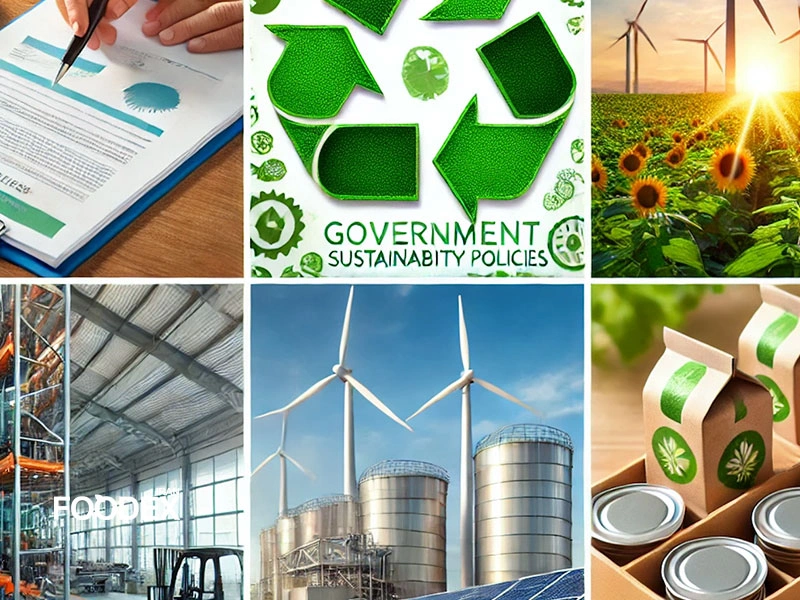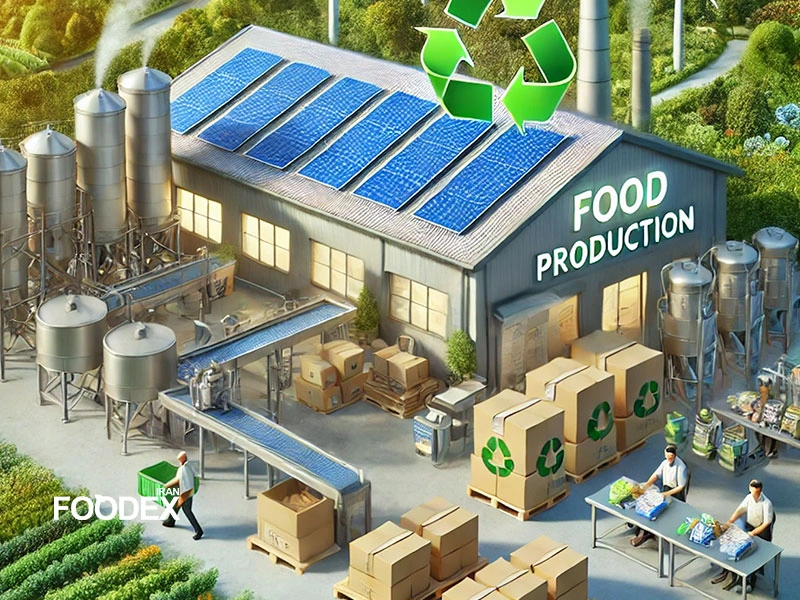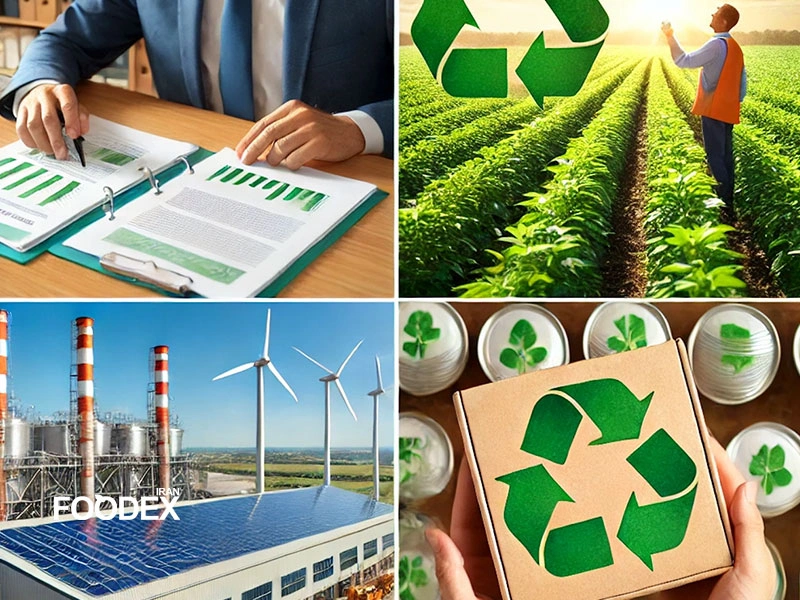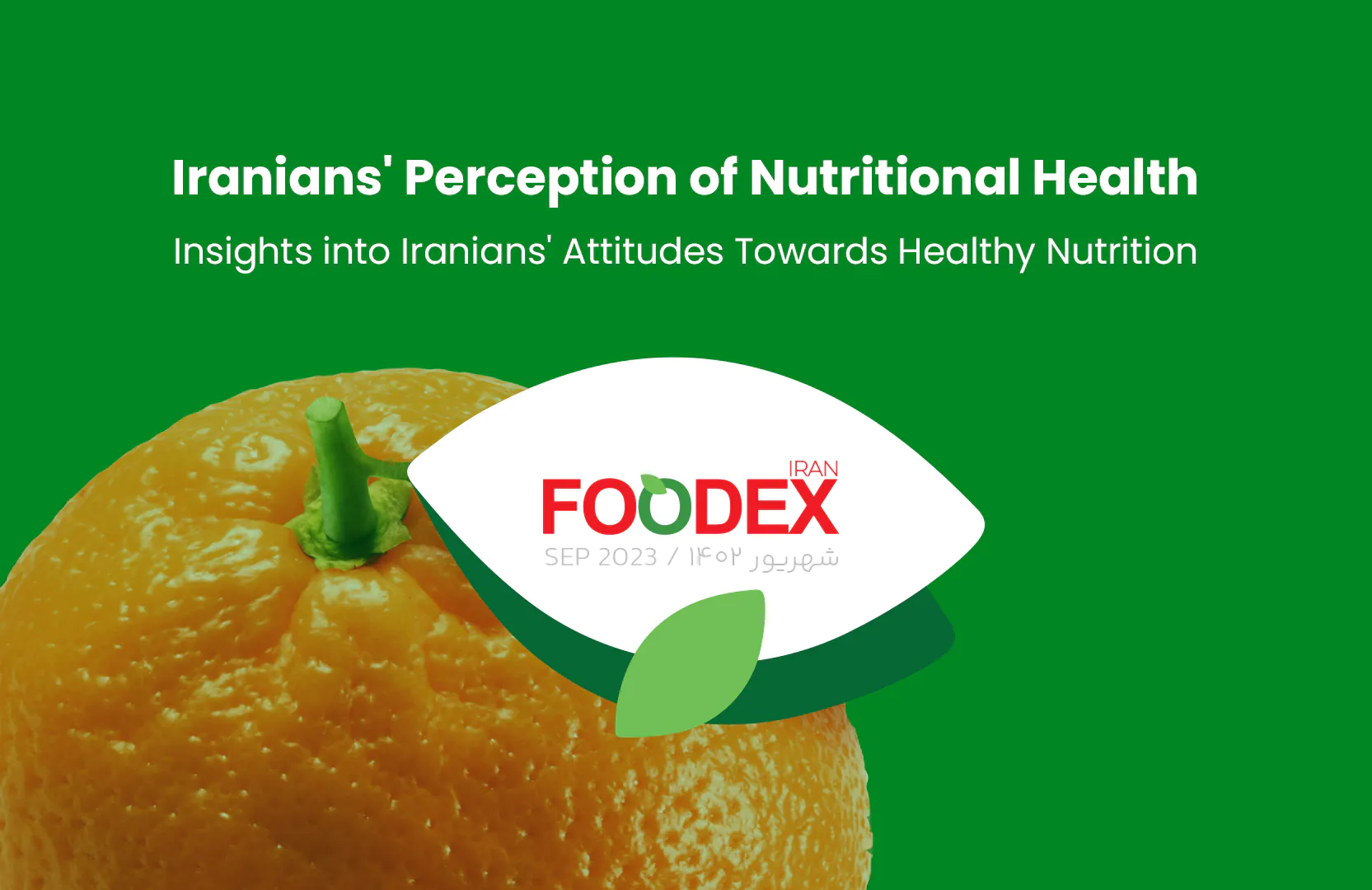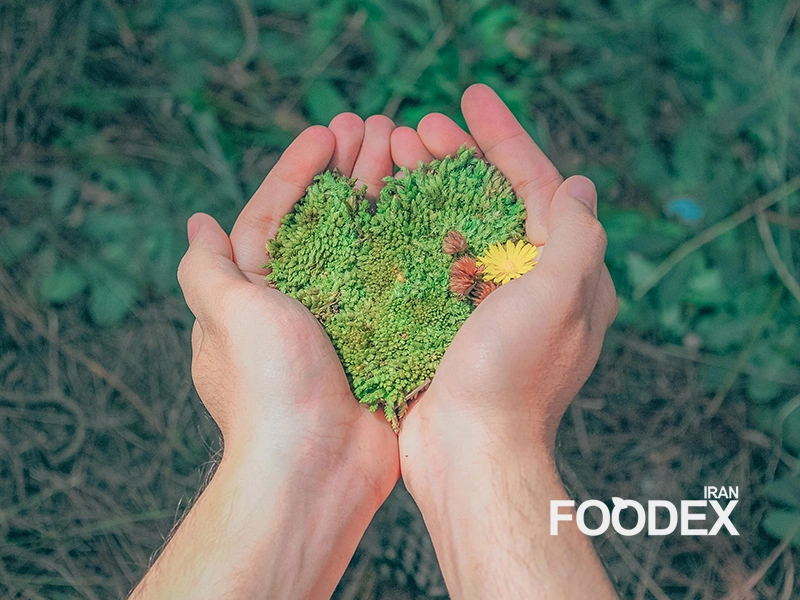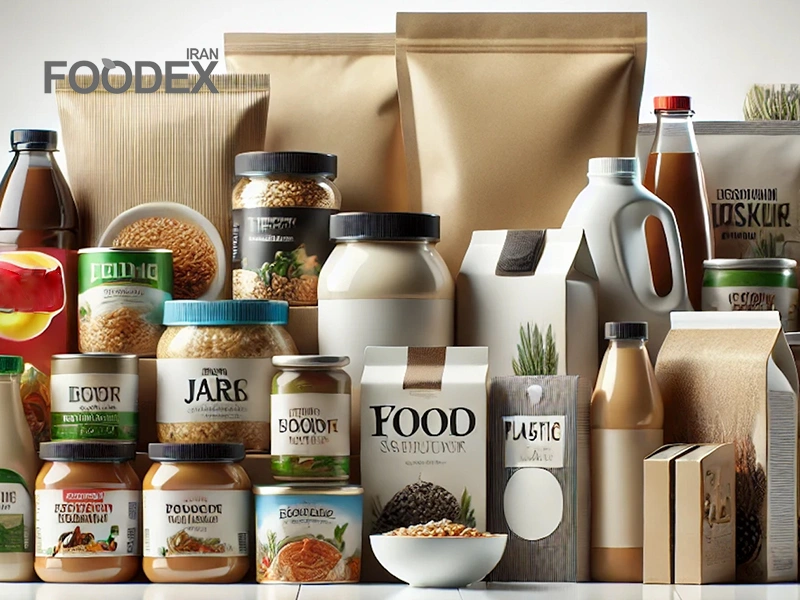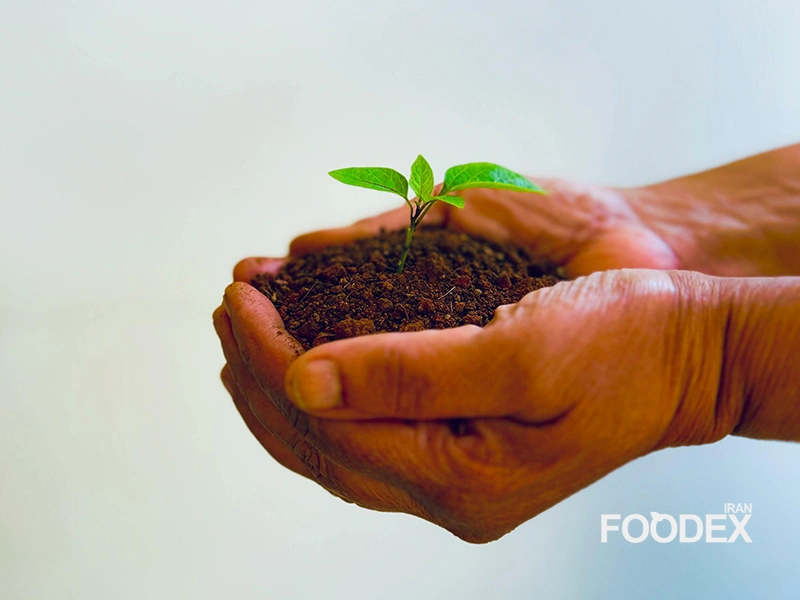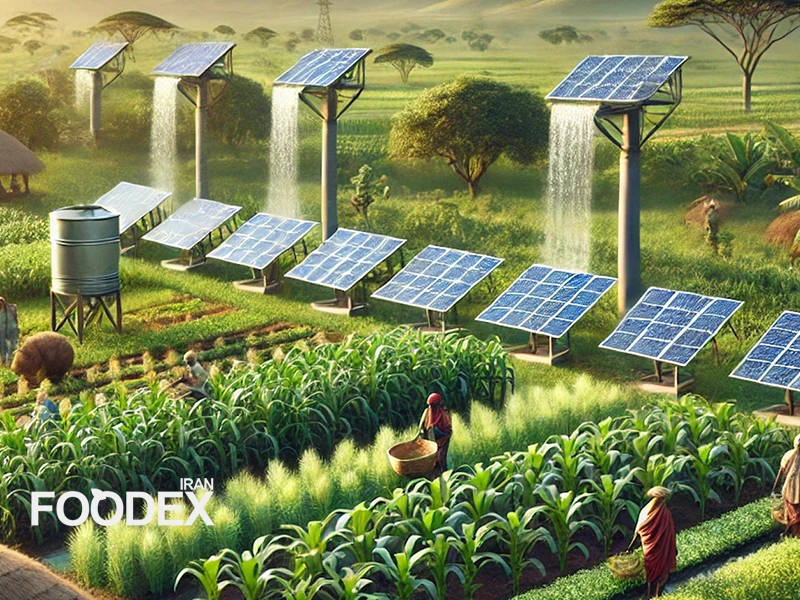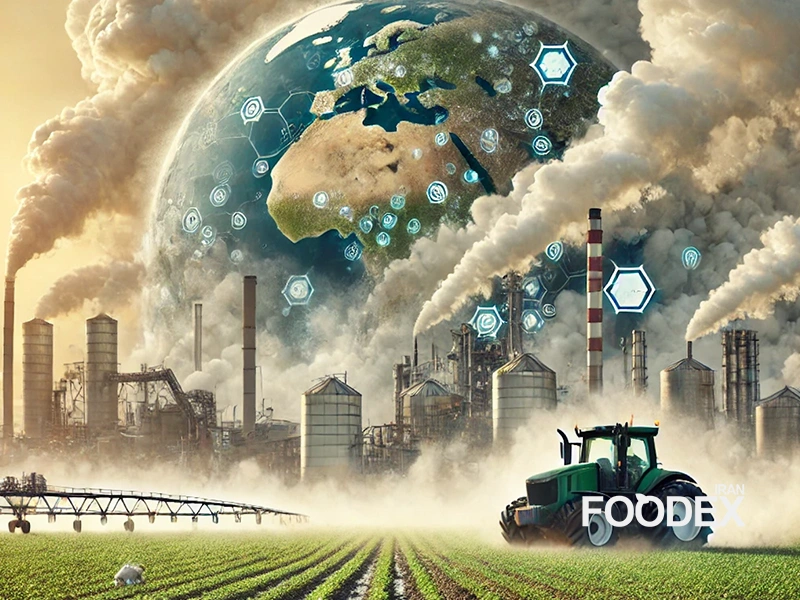In recent years, the environment has dominated global policy debates. The food industry is one of the largest consumers of natural resources. It is a major polluter, causing water waste and greenhouse gas emissions. So, governments and international agencies are starting new environmental rules. They aim to push the industry to adopt greener production. This article by Foodex examines new environmental regulations in the food industry. It explores how they might create opportunities for sustainable production.
Section 1: Key Environmental Law Around the World
European Union: Strict Regulations to Slash Emissions and Food Waste
The European Union has always taken the lead in environmental legislation. The pace is set by two recent initiatives: The European Green Deal and The Farm to Fork Strategy.
The European Green Deal aims to cut greenhouse gas emissions by 2050. It also seeks to set strict environmental standards for industries, including food. That means a big cut in carbon emissions for the food sector. We must optimize energy and material use, and shift to renewable resources. By 2030, the EU should cut pesticide use by 50%. Sustainable farming must be at the heart of food production.
The Farm to Fork Strategy is a key part of the Green Deal. It covers the entire value chain, from production to final consumption. Its goals are to reduce food waste and improve public health by producing healthier food. It also aims to lessen the environmental impact of food production. This strategy sets stricter standards for businesses on waste and energy use.
United States: Federal Environmental Laws Shaping Sustainable Food Production
In the U.S., new laws are pushing the food industry to be more sustainable. Two key laws are the National Environmental Policy Act and the Sustainable Food Improvement Act. They implement this.
NEPA sets the rules for environmental impact assessments. They apply to major public and private works, including food production and its packaging. Indeed, all food firms have to adhere to all standards concerning the environment so as to mitigate their negative effects.
The Sustainable Food Improvement Act aims to improve food production. It seeks to reduce resource use and optimize the food supply chain. Also, sustainability encourages the law to force food firms to use renewable energy and reduce water and energy use.
Asia: How China and Japan Lead the Way in Green Food Initiatives
It’s making notable strides in Asia to achieve sustainable food production. It’s home to some of the world’s largest food producers and consumers. This is notably being led by two countries: China and Japan.
Recently, China enacted new laws. They target carbon emissions and the food industry’s sustainability. One important initiative is “The Five-Year Plan for Sustainable Development.” It promotes water conservation, green technology, and organic farming. The country envisions achieving global standards of sustainability through this plan by 2030.
Another forerunner in sustainable food production is Japan. The Food Waste Reduction Act became law in 2020. It requires companies to cut food waste by half. Japan also pioneered using recyclable, biodegradable materials in food packaging. This reduced the ecological impact of food packaging.
Section 2: New Regulations and Their Impact on the Food Industry
Reduction in Greenhouse Gases
Global legislation to cut emissions is remaking industries wholesale, especially food. The UN and EU lead. They passed strict energy-use laws for carbon-intensive sectors, like food. The 2015 Paris Agreement says countries must cut emissions before 2030 to keep global warming below 2°C.
The European Green Deal demands that food manufacturers cut CO2 emissions. Similarly, strict rules now limit pesticide use in agriculture and food processing. They require a 50 percent reduction by 2030.
Regulations on Water and Energy Management
The food industry is highly dependent on water and energy. Many countries are concerned about law for this vital component. The EU’s Sustainable Resource Use Law requires farmers to use modern irrigation to cut water use. The Clean Water Act sets water management standards for U.S. food production. It promotes sustainable use.
Food production uses 70% of global freshwater. New laws aim to reduce this. They promote systems like drip irrigation and rainwater harvesting. Other countries also offer businesses tax breaks if they switch to renewable energy sources.
Reducing Food Waste
One-third of food produced worldwide, around 1.3 billion tonnes, is either lost or wasted. Governments are creating regulations around reducing waste and waste management. It is now French law that large food retailers must donate surplus food to food banks. The EU’s Farm to Fork Strategy incorporates the objective of food waste being halved by 2030.
Other countries are giving incentives for technologies that prolong the product’s expiration date. In Iran, a new law aims to cut food waste along the value chain, from production to processing. It promotes better waste management and recycling.
Section 3: How Governments Are Facilitating Sustainable Production
Financial Support and Green Loans
Financial incentives through governments to supplement sustainable food production. The World Bank and the IMF offer low-interest loans to food businesses. They are for those willing to reduce pollution. In Europe, the Green Financing Initiatives offer green loans and subsidies to businesses that meet environmental standards.
In 2020, US$150 billion in green loans and grants went to food companies for sustainability projects. The funds will invest in, among other things, low-energy tech, renewable energy, and reducing carbon emissions.
Encourage the Use of Renewable Energy
Tax breaks and legislation are also being enacted by governments to encourage food companies to source renewable energy. The EU’s Clean Energy for All Europeans package seeks to have food companies obtain 32% of their energy from renewables by 2030.
Iran’s Sixth Development Plan stipulates that 15% of the food industry’s energy is to be derived from renewables by 2025. Government subsidies and tax incentives for green businesses cushion this ambition.
Supporting Sustainable Innovation
The government designs enabling regulatory environments for sustainable innovation. For example, a key new innovation in the food industry is biodegradable packaging that eliminates plastic waste. The EU funds several research and development projects related to it.
Section 4: Challenges and Opportunities for Food Businesses
Issues That New Regulations Pose
These regulations have benefits, but they also challenge food businesses. Improving the production process, new technologies, and environmental compliance have high initial costs. SMEs usually lack financial or cognitive resources to meet the requirements.
In Iran, most SMEs face challenges in accessing green loans and/or understanding new regulations. These companies need further government support and training on the use of effective sustainable practices.
New Regulation-Related Opportunities
On the other hand, new environmental regulations bring about a number of opportunities. They include lower long-term energy costs, a better brand, and stronger customer relationships. A company will also find it easier to access more international markets if it adheres to international environmental standards.
For example, Iranian food companies with HACCP and ISO 14001 may have unhindered access to European markets and, subsequently, all the benefits that come with international trade agreements.
Green Marketing & Greenwashing in the Food Industry
Read MoreConclusion
New environmental rules for the food industry urge eco-friendly production. Such legislation does not just minimize pollution and resource use but also opens new opportunities for food business. Governments support companies with green loans and renewable energy incentives. They also fund sustainable innovation programs. This helps companies compete in domestic and global markets.
Even with the impediment of compliance, such policies can be leveraged by visionary food businesses to their advantage in the long run for growth by way of investments in green technologies and sustainability.
Sources
European Green Deal, European Commission
Clean Water Act, United States Environmental Protection Agency (EPA)
Paris Agreement, United Nations Framework Convention on Climate Change (UNFCCC)
World Bank: Green Financing
International Food Policy Research Institute (IFPRI)
FAO: Food Loss and Waste Database
China’s Five-Year Plan for Sustainable Development
Japan’s Food Waste Reduction Act
Ehsan Allahverdi
CEO Foodex Iran
Marketing Consultant for Top Food & Beverage Brands
website | linkedin

